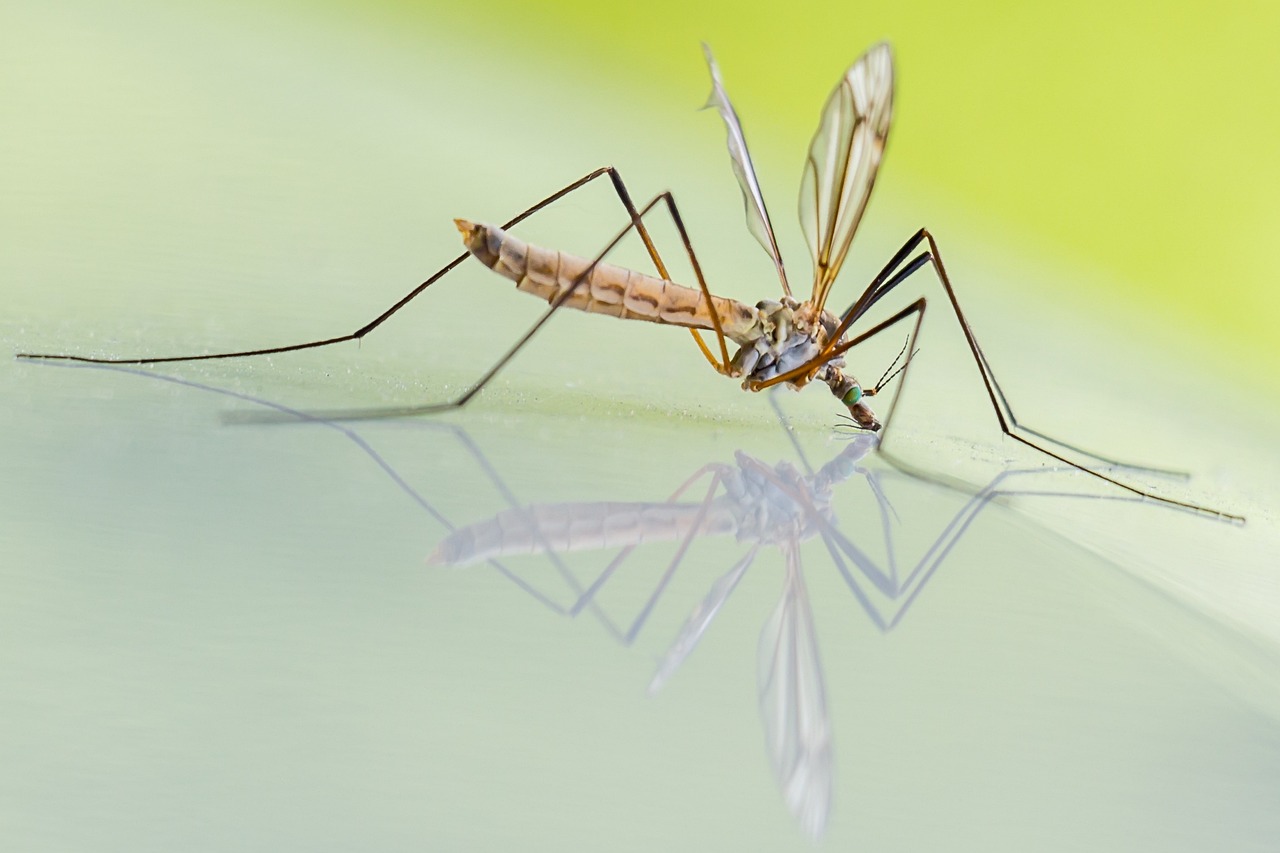
Gardening with bug-repelling plants is a practical and Eco-friendly way to keep pests at bay. Four commonly used herbs – basil, catnip, lavender, and rosemary – not only add flavor to your meals but also act as natural insect deterrents. Here’s a straightforward guide on growing these plants to help you create a bug-free environment.
1. Basil:
Basil (Ocimum basilicum) is a fragrant herb with a distinct aroma that insects dislike. Follow these steps to grow basil:
- Location: Plant basil in a sunny spot with well-draining soil.
- Watering: Keep the soil consistently moist but not waterlogged.
- Care: Pinch off the flowers regularly to encourage bushy growth.
- Insects: Mosquitoes, flies
2. Catnip:
Catnip (Nepeta cataria), a member of the mint family, contains a compound that repels mosquitoes. Here’s how to grow catnip:
- Sunlight: Catnip thrives in full sun but can tolerate partial shade.
- Soil: Well-draining soil is crucial for catnip. Water when the soil feels dry.
- Maintenance: Prune catnip regularly to encourage new growth.
- Insects: Mosquitoes
3. Lavender:
Lavender (Lavandula spp.) is known for its soothing fragrance and insect-repelling properties. Follow these simple steps to grow lavender:
- Sun Exposure: Lavender loves full sun, so plant it in a sunny location.
- Soil: Well-draining, slightly alkaline soil is ideal for lavender.
- Watering: Allow the soil to dry out between watering.
- Insects: Mosquitoes, flies, moths, fleas
4. Rosemary:
Rosemary (Rosmarinus officinalis) is a versatile herb with a strong scent that deters pests. Here’s how to grow rosemary:
- Sunlight: Rosemary thrives in full sun and well-draining soil.
- Watering: Allow the soil to dry out between waterings.
- Pruning: Regular pruning promotes dense growth and enhances the aroma.
- Insects: Fleas, ticks, mosquitoes, slugs
Additional Tips:
- Container Gardening: If you lack garden space, these herbs can be grown in containers on a sunny balcony or windowsill.
- Harvesting: Regularly harvest leaves to encourage new growth and enhance the plants’ insect-repelling properties.
- Companion Planting: Consider planting these herbs near susceptible plants to create a natural barrier against pests.



Leave a Reply